If you read our blog on 4 Clear Signs You’re About To Get Canned, you may be in the market to find a new job. Hopefully, you still have employment. It makes it easier to find a new job when you aren’t desperate. If they’ve already let you go, no worries. This plan will still help.
Understand that even with the right outfit, all the right moves, nothing is guaranteed. The interviewer may be on your side, they want you to be the candidate, but that’s no guarantee either.
You want to remove every possible obstacle. That means you’re gonna have to take more action than just beating the street. Before you walk into your first interview, do these five things.
Résumé Update
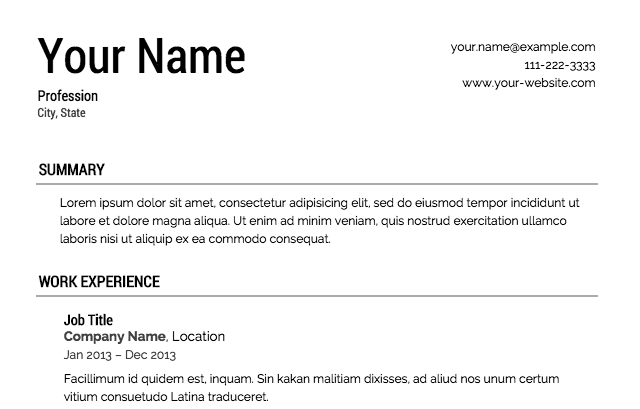
(source: super-resume.com)
Sometimes called the curriculum vitae or CV, your résumé represents the snapshot of your work. Despite the growing popularity of social media sites like LinkedIn, an old-fashioned résumé is worth having just in case.
Think of it like a test to see if you know the rules.
A potential employer wants to hire you for your unique contributions to the business, but they also want to know you know the unwritten rules. This saves time later, explaining why your face tattoo is cool but inappropriate for your job.
Most modern résumé schools tell us we can exceed one page, but that doesn’t mean more is better. The more condensed you can make your summary, the more it’s just that; a summary.
Call me traditional, but I would never hand over a résumé longer than a page. Better to leave them wanting more. Either way, less is more.
Use plain paper, with a simple font like Times New Roman or Arial. Eliminate decorative features. Print a good copy. Keep it pressed until you hand it over.
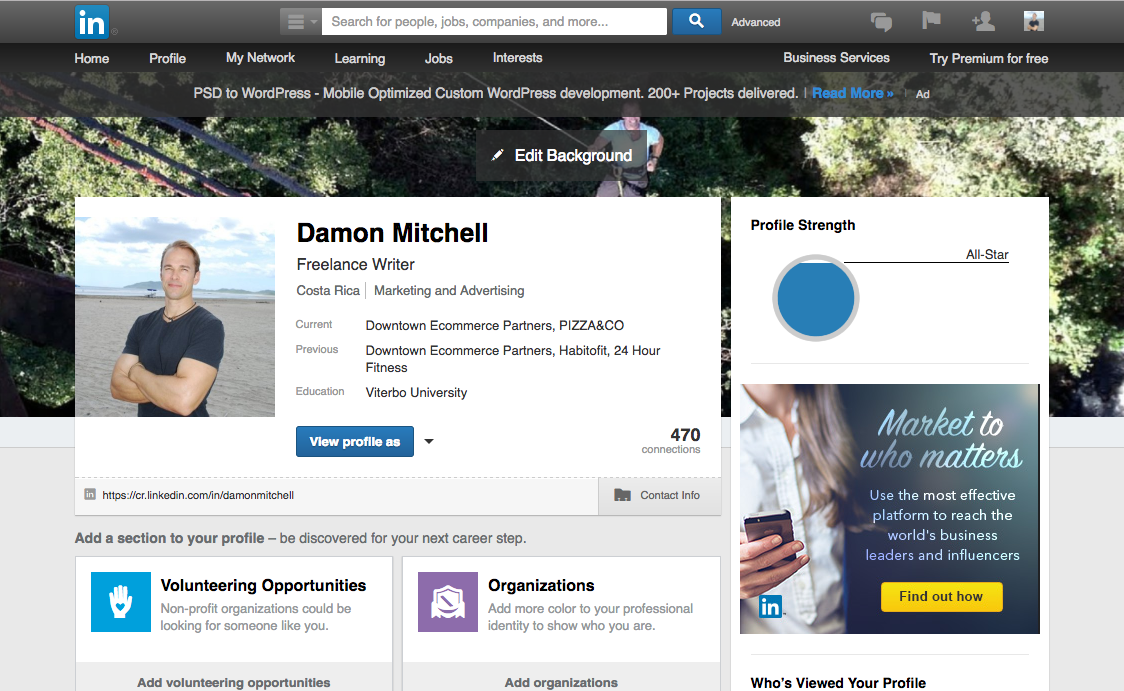
(source: linkedin.com)
All your efforts with your résumé may be for naught. More and more employers will not even look past your LinkedIn profile. They’ll even dig through your non-professional profiles. We’ll come back to that in a second.
Fortunate for you, LinkedIn will walk you through what you need to fill out your profile. Do it all. Leave no stone unturned, unless you have nothing for a given category.
Don’t make things up. Never lie. Spell check everything. Write about yourself in the first person. Get everyone you know to endorse you on your skills; easy, if you endorse them first.
Your profile picture should be of your face. That face should be smiling. It doesn’t have to be a professional shot, but avoid using a selfie. A good idea is to have your friends weigh in on several shots, then pick one.
Social Media Sweep
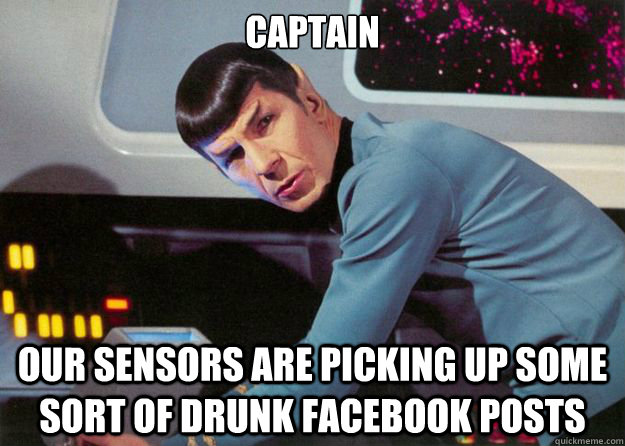
(source: quickmeme.com)
That picture of your at your brother’s bachelor party, the one where you’re stuffing dollar bills down someone’s waistline? Yeah, hide that one.
It’s one thing to be a goofball in a picture, but you should hide or delete any image where you’re otherwise not yourself. In most cases, you can privatize your accounts and photos. That may be easiest.
You can tell yourself that Facebook or Instagram are your personal account, that they should have no bearing on your prospects. You would be lying to yourself about reality.
Your social media persona is everything to someone who doesn’t know you. When employers consider if they are about to hire someone reliable or not, they’ll use every piece of intelligence at their disposal.
Credit Check
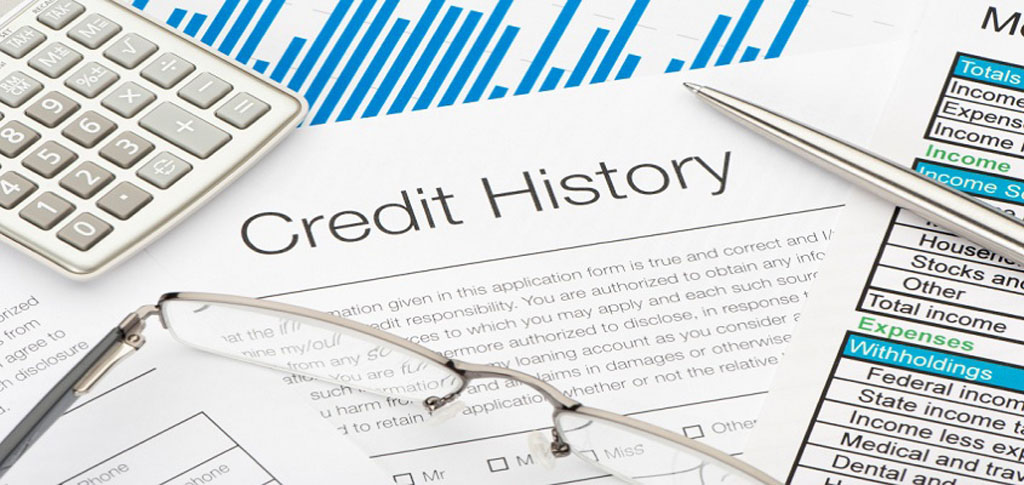
(source: moneymatchmaker.com)
Speaking of intelligence, the way you manage your money says a good deal about you. Your interview is just one test, to see if you can strap on a smile when it counts.
If you’re the sort of person who runs from your debts, that’s a whole new test. It’s one you’re not passing if your credit report is bad. There may be something you can do about it before anyone sees your report.
Essential reading: 6 Easy Free Steps You Can Take to Improve Your Bad Credit
Start by getting your hands on a copy of your report. You can start with a free credit report. If there are any delinquencies on there you’ve paid or that are not correct, you can contest them. Often, you can get them removed.
Worst case scenario, if you know about a delinquency, you can speak intelligently about it. If you know an employer is going to check your credit, what have you go to lose by being honest?
Tell them what happened. Tell them your plan to fix it. Don’t be a goof. Assume your potential employer knows that gainful employment is part of your plan.
Epiphany Moments

(source: en.rocketnews24.com)
Think before you speak. There is no telling what they may ask when you go into your interview, but it’s wise to think of some key moments in your life.
Preparing before you sit on the hot seat may help you articulate yourself when you’re there. Reflect on times when you learned a hard lesson in life. Consider what was the setting, what happened, and what you’ll do next time.
Keep a few of these anecdotes holstered. You can even practice talking about them with friends beforehand, but don’t memorize them.
Nothing will betray you faster than a failure to sound genuine.
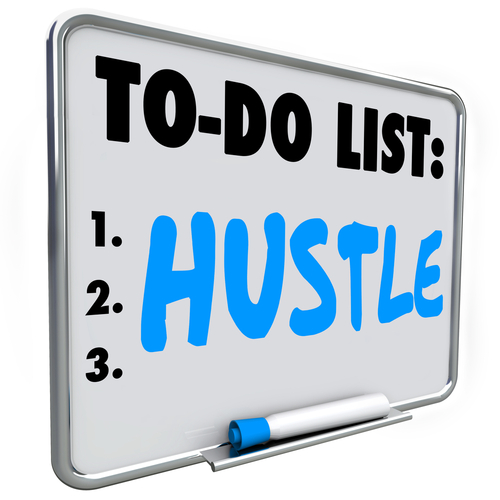
(source: patomahony.ie)
If you’ve buttoned up these aspects of your life, then you only need hustle a dozen or so interviews. The more you do, the more options you may have, the better your chances of finding happiness.
If you’re already out of work, it may make sense to find employment wherever until you can get something more to your liking.
In that case, at least you’ll have a current résumé and some professional social media profiles.



